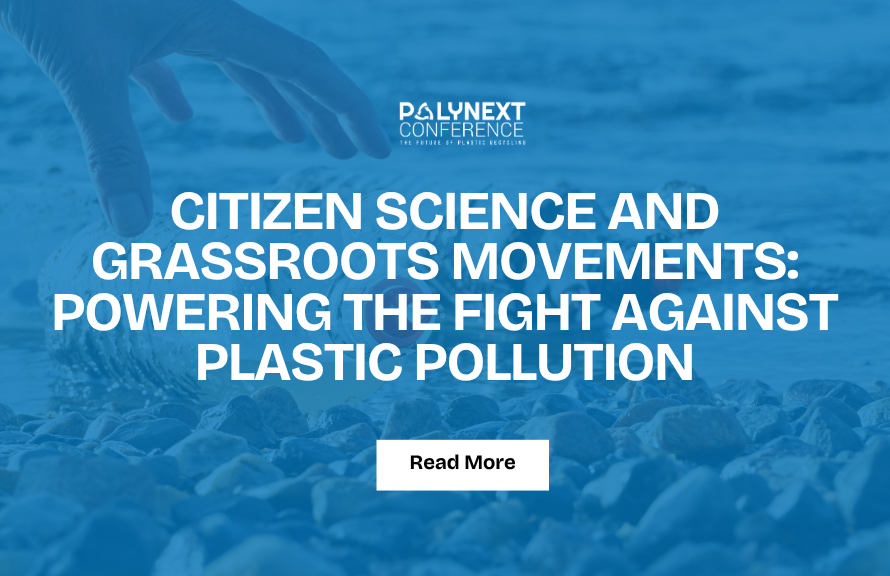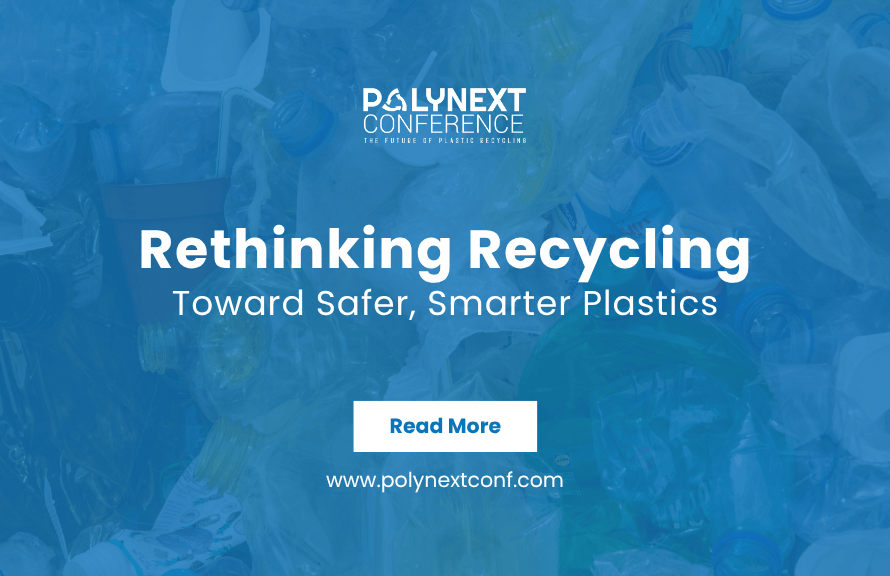The Alarming Rise of Plastic Pollution
Plastic pollution has emerged as one of the gravest environmental threats of our time. Unless urgent action is taken, the volume of plastic entering our ecosystems could double by 2050. This dramatic projection stems from a web of industrial growth, consumer habits, policy gaps, and inadequate waste management. Understanding the causes and crafting effective solutions are now global imperatives.
What’s Driving the Surge in Plastic Waste?
At the heart of the crisis is the surge in plastic production. Studies forecast that global plastic output may more than double by 2040, driven largely by the exponential growth of single-use plastics. Without intervention, the amount of plastic polluting the oceans could quadruple by 2050, pushing many regions past critical ecological thresholds. Compounding the problem is the low recycling rate — only around 9% of plastic waste is currently recycled worldwide. Much of the rest is dumped in landfills, incinerated, or ends up contaminating land and water bodies.
Why Recycling Isn’t Enough
Rising plastic consumption is another key factor. As living standards improve and urban populations grow, especially in developing countries, so too does the demand for plastic-packaged goods and infrastructure. Moreover, virgin plastic remains cheaper than recycled alternatives, discouraging investment in circular economies. Without economic incentives or penalties, companies often choose the more profitable — and more polluting — option.
On the ground, many regions face weak collection and waste infrastructure, particularly in the Global South. Without effective systems for sorting and recycling, large volumes of plastic are simply mismanaged. Additionally, consumer culture fuels the crisis — the convenience of single-use items continues to outweigh long-term environmental concerns in the public mindset.
The Solutions We Need — Now
Despite these daunting challenges, there are promising solutions that can halt or even reverse this trend. Policy reform is critical. A global plastics treaty, for instance, could set binding production limits and harmonize regulations across nations. Many countries are already introducing bans, taxes, and extended producer responsibility programs to reduce plastic at the source.
Innovation and Market Shifts for a Circular Future
Systemic and technological innovations can also play a transformative role. Expanding waste management systems and adopting advanced recycling technologies — including chemical and enzymatic processes — will be vital in making plastic circular. Product redesign using biodegradable or easily recyclable materials must also be prioritized by industries.
Market-based solutions offer further opportunities. Governments can mandate recycled content in packaging, provide tax breaks for circular innovations, or penalize companies that rely heavily on virgin plastic. True cost accounting — where producers bear the environmental costs of their products — can shift market preferences in favor of sustainability.
The Role of Communities and Consumers
Equally important is community and behavioral change. Local reuse initiatives, refill stations, and ecobricks are already proving successful in several parts of the world. Consumer education must be amplified to reshape how society views and uses plastic.
PolyNext 2025: Leading the Circular Revolution
In this context, PolyNext 2025, set to take place in Dubai, emerges as a timely and strategic platform. As the world’s attention focuses on the circular economy, PolyNext 2025 will unite policymakers, innovators, clean-tech entrepreneurs, and sustainability advocates to explore real-world solutions to plastic pollution. From policy dialogue to breakthrough technologies in recycling, the event is designed to support the global push toward a zero-waste future. It is not just a conference — it is a catalyst for collective action against plastic pollution.
Join PolyNext Awards & Conference
References
1. WWF: Ocean plastic pollution to quadruple by 2050
2. National Geographic: Plastic pollution


